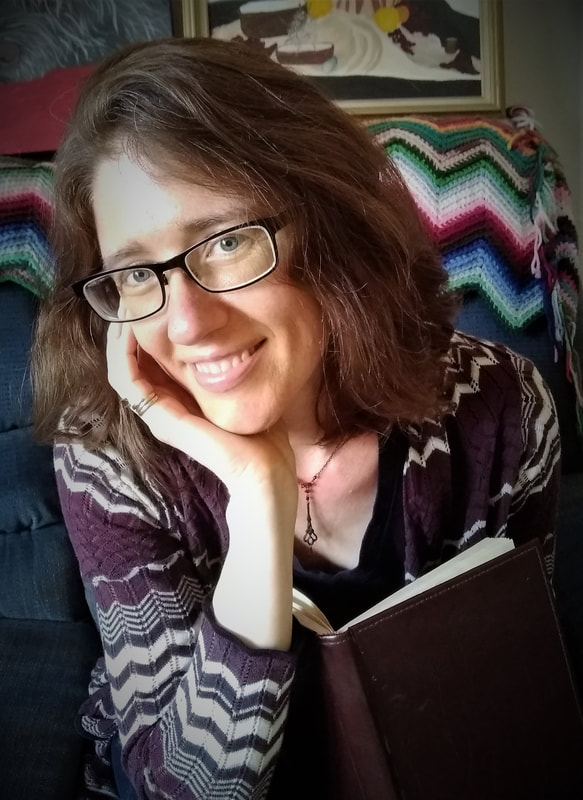|
With each passing year, our world is gradually becoming more and more concerned about respecting the voices and experiences of people and groups who, historically, haven’t had a say in how and if they are represented to the general public. This may have been due to race, religion, gender, cultural background, or physical and mental disabilities, among other reasons. We’ll put aside the argument of political correctness for the moment. The fact is that writers have a responsibility to their readers to represent the world in the most honest and genuine way possible. That doesn’t mean that you can’t include elements and characters from other people groups. That wouldn’t be true to the diverse world we live in. However, it’s impossible for any one person to be an expert on all peoples and groups, especially if they’re not a part of that group. Sometimes, we need to bring in an expert. That’s where sensitivity readers come in. What is a sensitivity reader? Sensitivity reading is a specialization within the publishing industry, just like proofreading, copyediting, and book design. Often, but not always, sensitivity readers might also do other publishing tasks, like editing, but some specialize solely in sensitivity reading. If your writing includes characters or elements from groups you don’t belong to, it might be a good idea to hire a sensitivity reader to make sure you’re not misrepresenting a group (and potentially alienating readers). The sensitivity reader will read through your manuscript and give you a report on how it could read to those groups they represent. What do you look for when hiring a sensitivity reader? If possible, you want someone who is a member of the group they’re reading for, or at least has some special understanding of that group. For example, if a character in your book is Korean, you’ll want to look for someone who either is Korean, has close ties to that region of the world, or has studied the people/language/culture extensively, not someone who has read a couple of books on Korea or knew someone from Korea in college. However, having a connection to the group in question isn’t enough. A good professional sensitivity reader is trained in sensitivity language and triggering wording. They’re not just combing through your manuscript for what they find personally objectionable. While a professional sensitivity reader is more likely to meet these criteria, if your budget is tight, you might look for beta readers or peer reviewers who could represent the necessary groups. Just make sure they still have the proper qualifications described above. What is a sensitivity reader NOT? A good sensitivity reader isn’t some oversensitive left-wing nut or paranoid right-wing nut with a political agenda just looking for an excuse to rip your precious manuscript apart. That’s not the person you want to hire. You’re looking for a true professional who is genuinely interested in making your writing the best it can be and helping you reach as many readers as possible. They should be able to explain to you why they’re making the suggestions they are. If the person you’re considering hiring doesn’t show a genuine interest in helping you improve your writing and representation of other peoples, move on. They’re not the one for you. Also, a sensitivity reader doesn’t have the power to force you to make changes to your manuscript, unless you’re working with a publisher who insists. The sensitivity reader’s job is to bring issues to your attention, but it’s your choice on how to proceed after that. Remember that sensitivity reading isn’t about catering to oversensitive people looking for something to be offended by. It’s about being thoughtful, deliberate, and intentional with our words. It’s about asking for help in truthfully representing people groups we’re not a part of. It’s not about censorship; it’s about making informed decisions based on the perceptions and experiences of our intended readers. Rebecca Miller is a professional copyeditor and general fan of all things having to do with the written word and the English language. You can check out her website at Oakdale Editing or connect through Facebook, LinkedIn, Instagram, or Email.
0 Comments
Leave a Reply. |
AuthorRebecca has a passion for helping you fill the world with great literature and making sure said literature doesn't get passed over for the lack of a little editing. Archives
July 2022
Categories
All
|


 RSS Feed
RSS Feed
